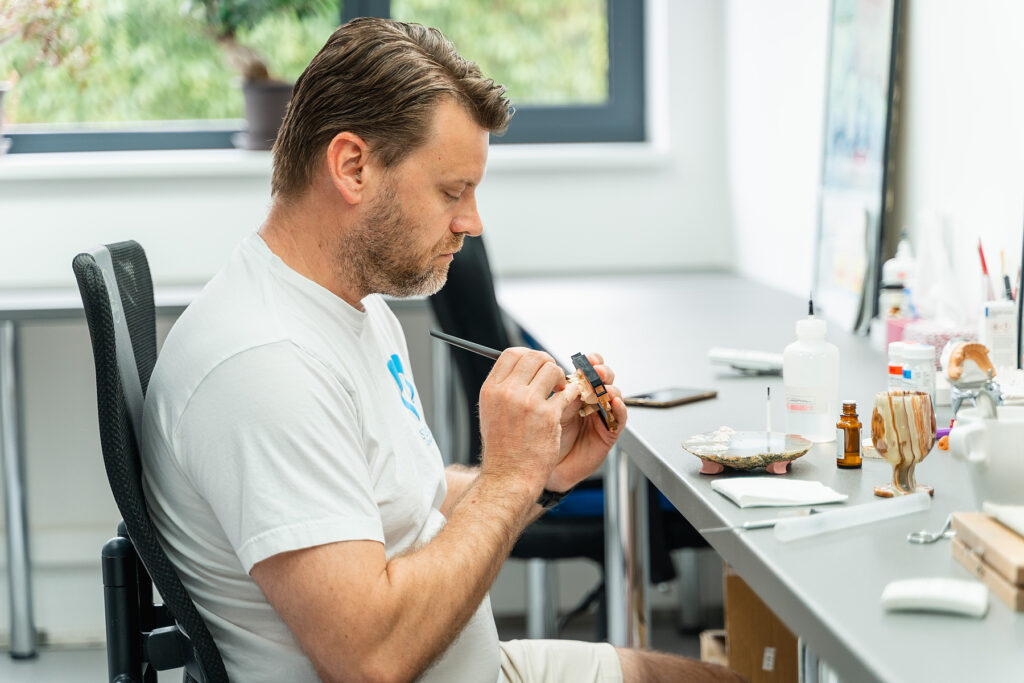UK dentists are now paid a flat rate covering the amount of work they are contracted to do each year, which is measured in UDAs (units of dental activity). In theory, at least, there is both a greater guarantee of access as well as more emphasis on clinical and preventative dentistry (you are paid the same amount for 1 filling as for 6).
Crucially, the new contract also simplified the complex pay structure for dentistry (unlike other areas of the public health system, you do pay a nominal fee to see a National Health Service dentist). The previously highly complex payment structure of more than £400 charges is now divided into three bands: roughly £16 for a check-up or minor treatment, £44 for fillings, root canal work or extractions and £198 for crowns, dentures or bridges.
So far, so good. Right?
Well, actually not. While these reforms were supposed to increase access to NHS dentists, in practice, they’ve had the opposite effect. NHS estimates suggest that nearly 1 million fewer people have access to an NHS dentist than they did three years ago. According to a citizen’s advice survey carried out in early 2008, approximately 7.4 million people hadn’t been to an NHS dentist since April 2006 because of difficulties in finding one. In light of these access problems, many Brits simply do without a dentist or go abroad to our dental clinic abroad for treatments. (The NHS acknowledges that there is an access problem, but argues that it is closing the gap, I don’t see that gap closing.)
Not surprisingly, the new system also makes NHS work less attractive for dentists. Before Tony Blair became prime minister in 1997, only 6% of dentists’ income came from private patients. By 2006, it was 58%. The first month that the new contract went into effect, some 2,000 dentists (about 10%) refused to sign the new contracts and left the NHS altogether, while many more signed “in protest.” Many of the dentists I’ve talked to informally have complained about the “assembly line” feel of the new target-driven system.
The incentives set up by the new system also mean that dentists are more likely to “under-treat,” i.e., to fail to provide complex (and costly) treatment, even if it’s clinically necessary. After all, they are now paid the same to perform a root canal as they are to extract a tooth. Not surprisingly, the number of complex procedures has dropped precipitously in the last few years.
And that’s where we come in. The UK accredited dental clinic abroad with almost no waiting times, just 2-3 visits necessary for the largest cases, a friendly, personal clinic with much lower costs. And what more? We’re just a couple of hours away from the UK on a cheap flight!
Use the contact form on this website to find out more.
